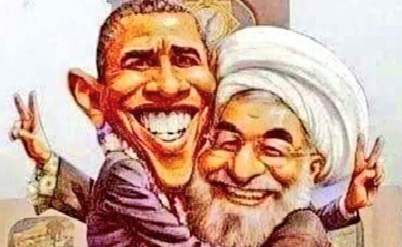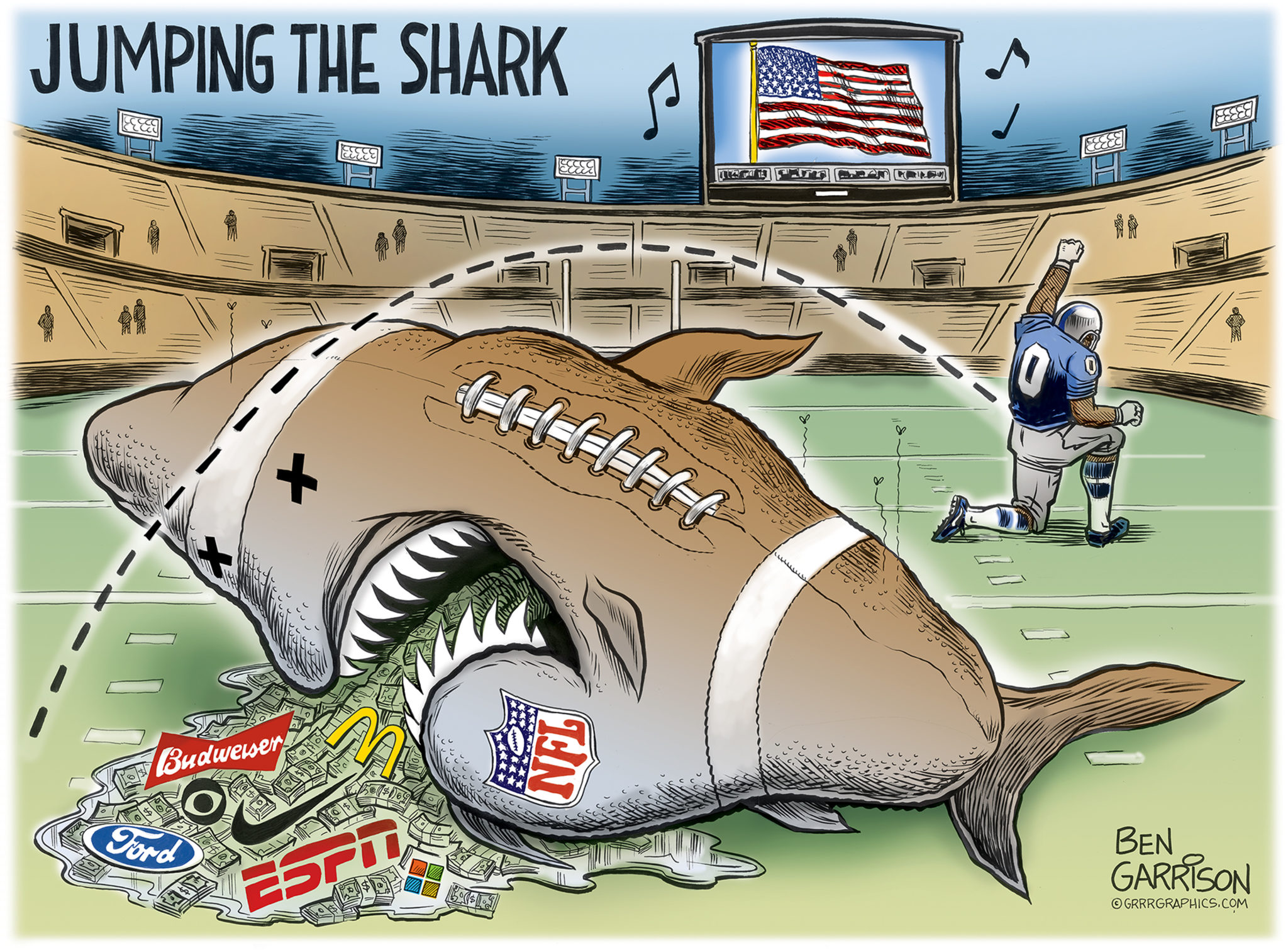See also: Brain-Dead Lefties Blame Trump for False Missile Alert by Rick Moran. It's not nice to tick off Hollywood personalities.
The Atlantic
"Why would my 22-year-old brother be calling so early on a Saturday morning? I’d ignored the first call. But the second time the phone rang, I picked it up. He was panicking, his voice trembling uncharacteristically: He’d just received the emergency alert warning of a ballistic missile that was heading for Hawaii, where I’m from, and where he and my family still live. “THIS IS NOT A DRILL,” the alert read. My brother was alone, and had no idea what to do or where to go. And he wouldn’t have had much time to figure out a game plan—some estimates suggest a missile from North Korea could reach Hawaii in 20 minutes.
"People across the state were terrified. Many assumed they would die, but sought shelter anyway. They took cover in mall bathrooms, bathtubs, drug stores—even a storm drain. Hawaii has very few shelters, and houses with basements are rare. There were reports of people speeding down highways and running red lights to reunite with family members. Others called one another to say “I love you” one last time.
"The alert turned out to be false, an epic—almost unbelievable—mishap. A state employee had accidentally triggered the Emergency Alert System message at 8:07 a.m., during what should have been a routine internal test. It took officials 38 minutes to announce their mistake, and to confirm that the warning had been a false alarm. Those 38 minutes were the 38 worst minutes of many Hawaii residents’ lives. And they were just as horrifying for people outside of Hawaii who, like me, felt helpless as they contended with the prospect of never seeing their loved ones again." . . .
The Hawaii worker who 'pressed the wrong button' has been reassigned
The Atlantic
A false alert of an impending missile attack highlights just how unprepared the country is for nuclear disaster.
"Why would my 22-year-old brother be calling so early on a Saturday morning? I’d ignored the first call. But the second time the phone rang, I picked it up. He was panicking, his voice trembling uncharacteristically: He’d just received the emergency alert warning of a ballistic missile that was heading for Hawaii, where I’m from, and where he and my family still live. “THIS IS NOT A DRILL,” the alert read. My brother was alone, and had no idea what to do or where to go. And he wouldn’t have had much time to figure out a game plan—some estimates suggest a missile from North Korea could reach Hawaii in 20 minutes.
Ige released a statement on Sunday saying that "steps have been taken" to improve the alert process and that a false alarm "will never happen again."












